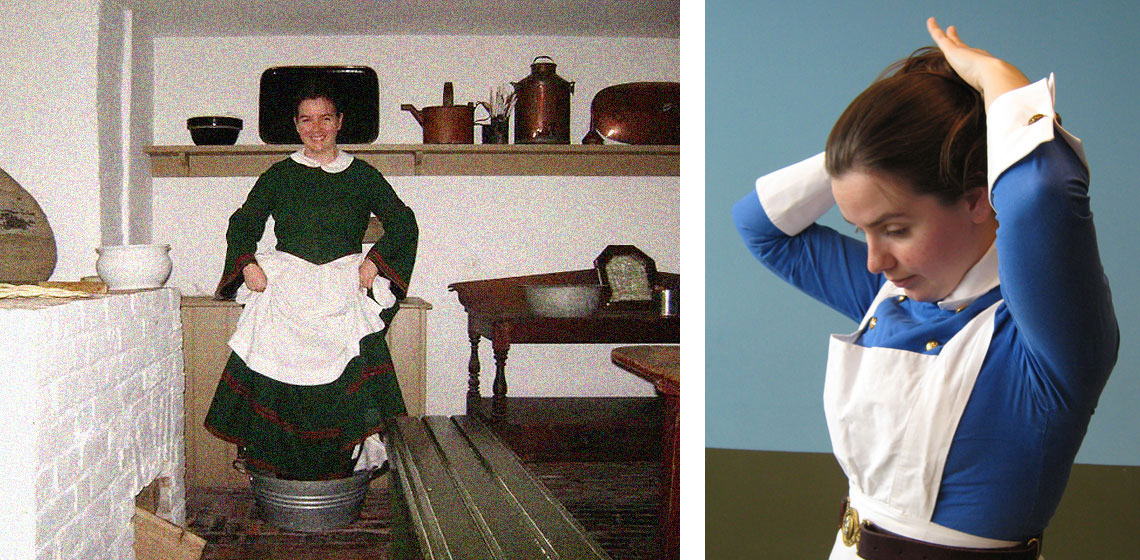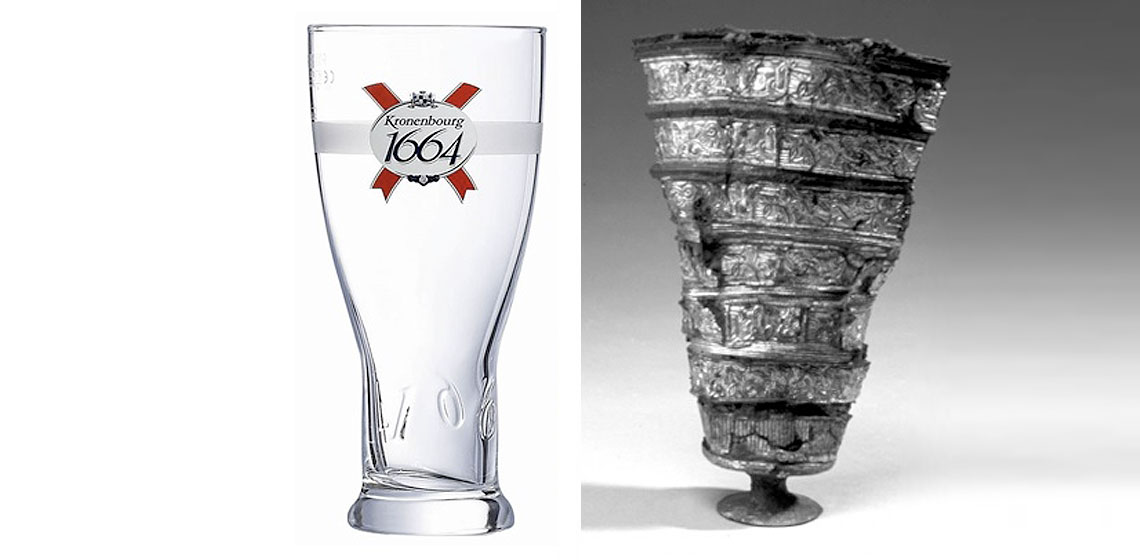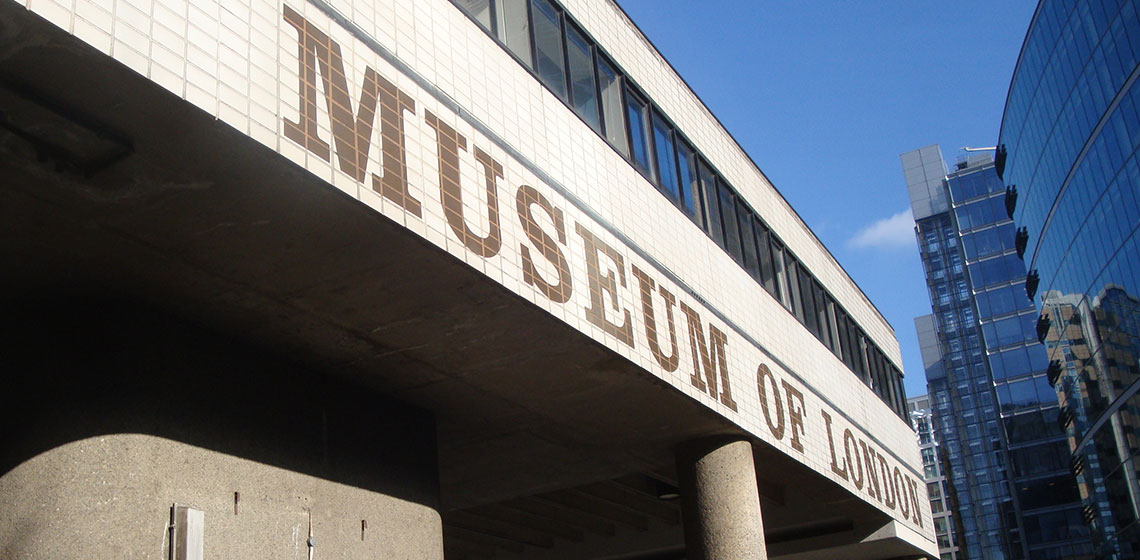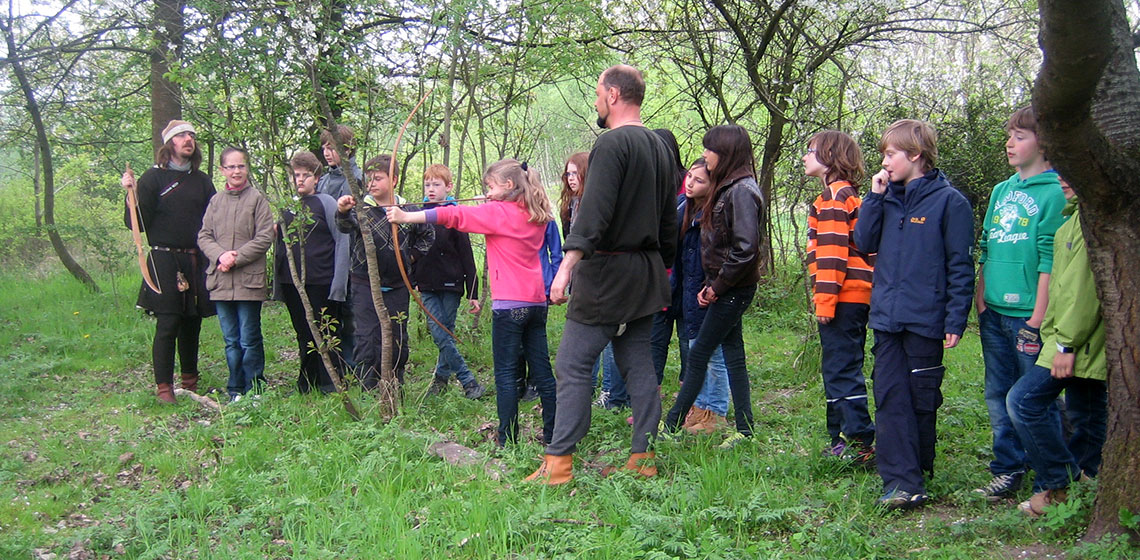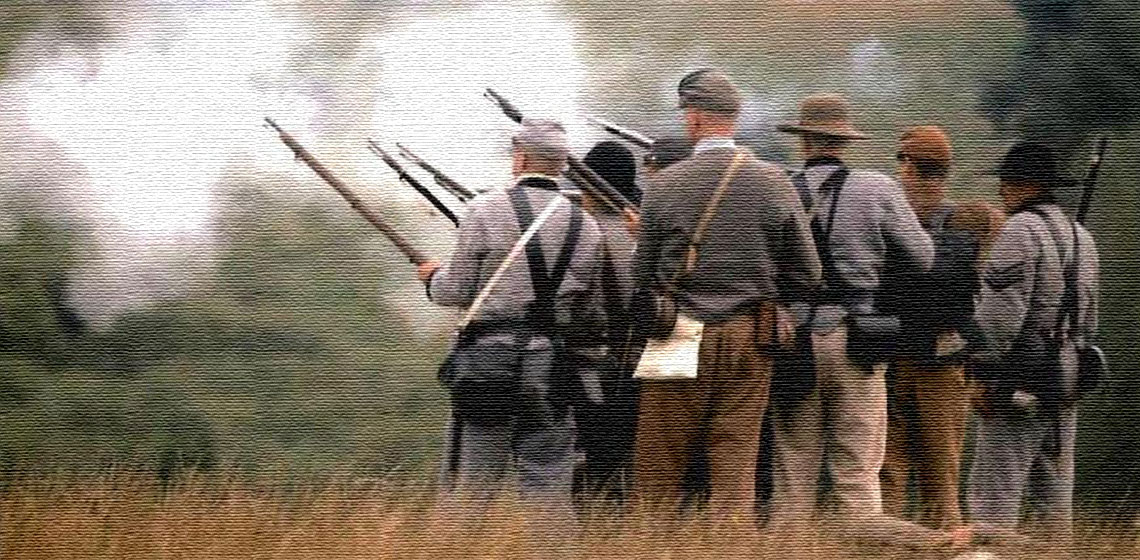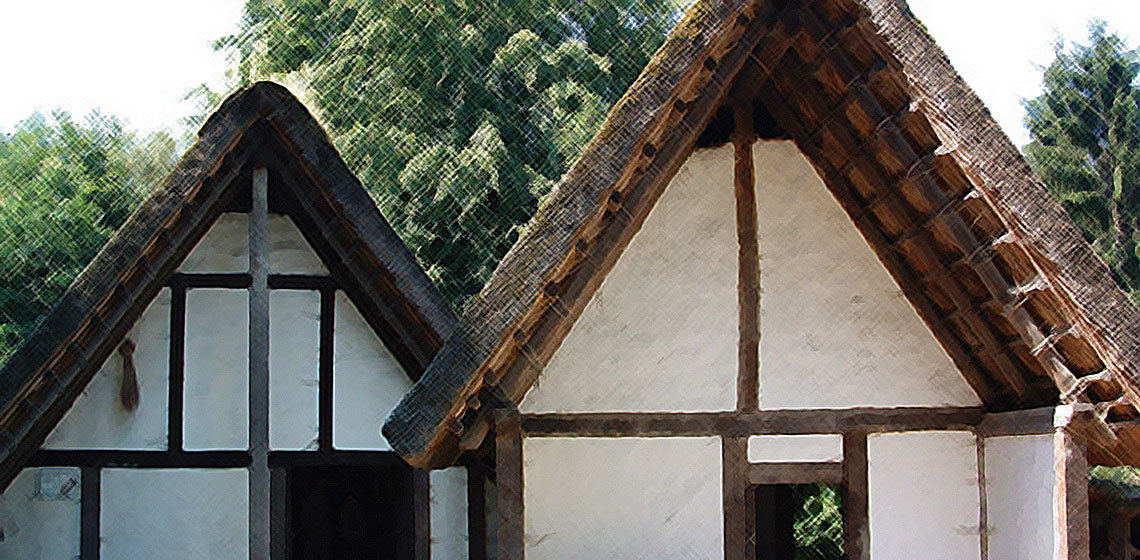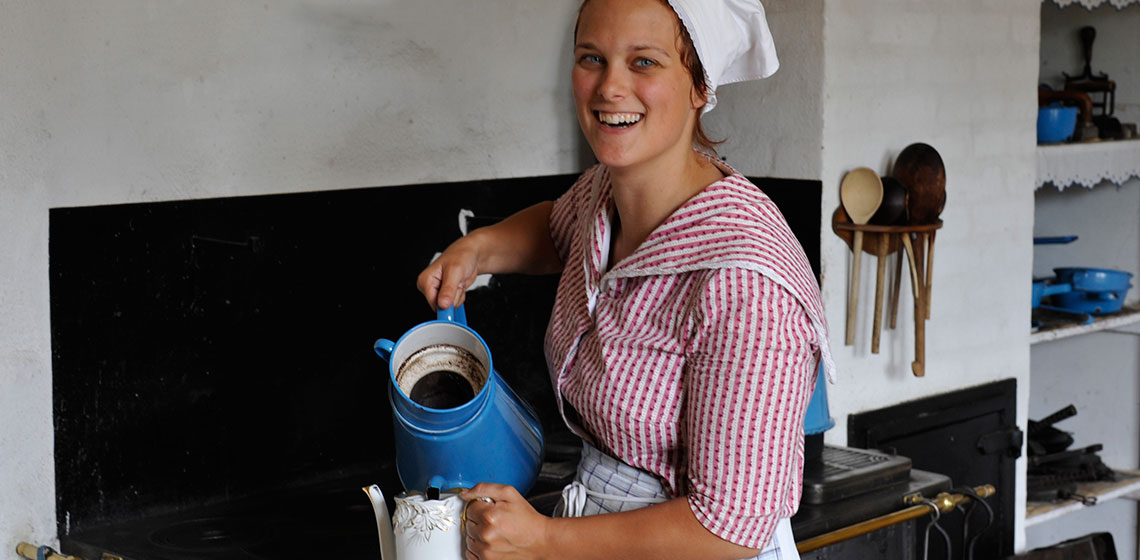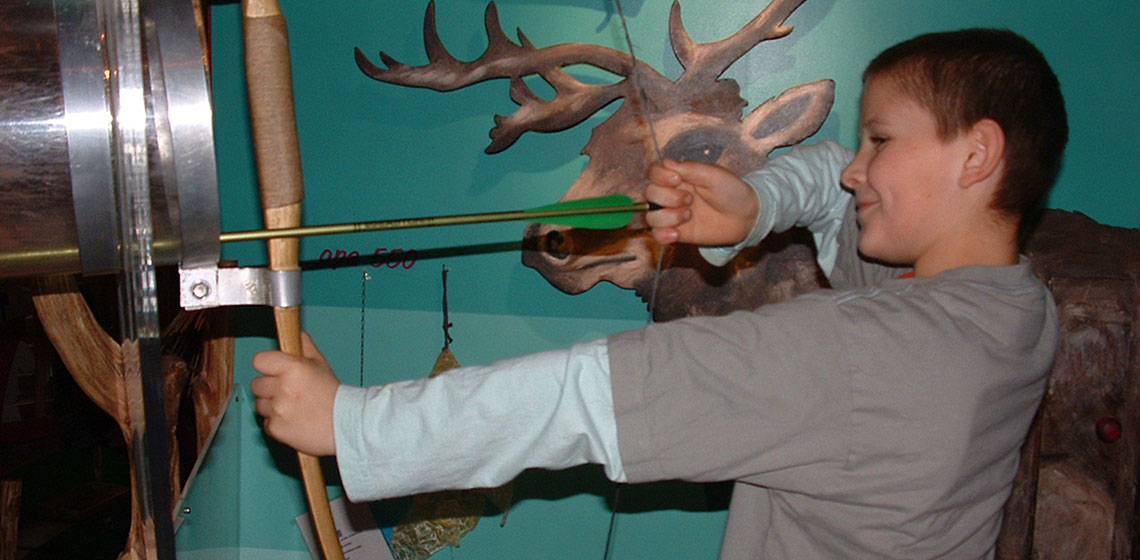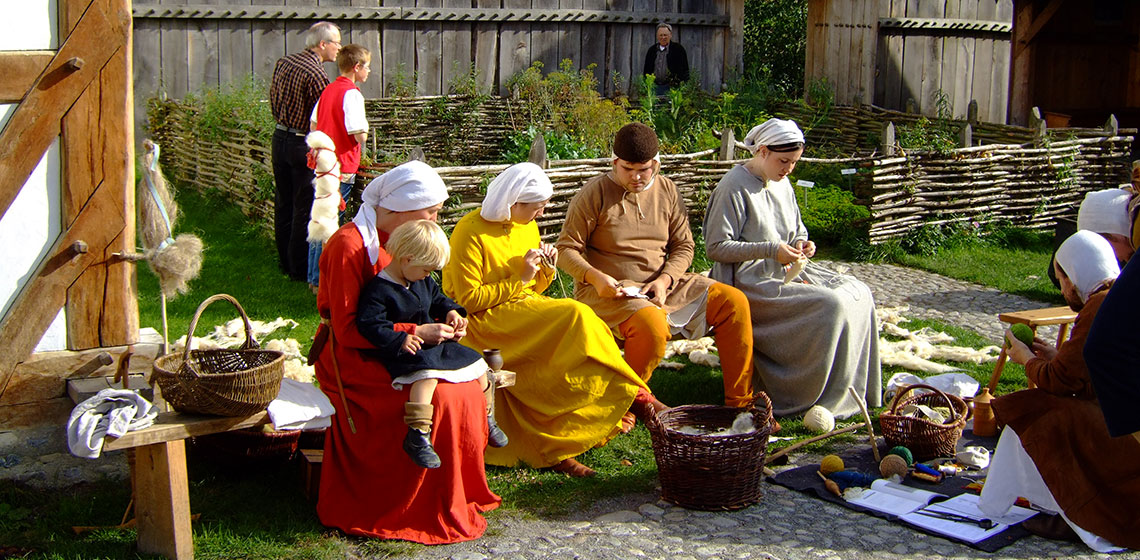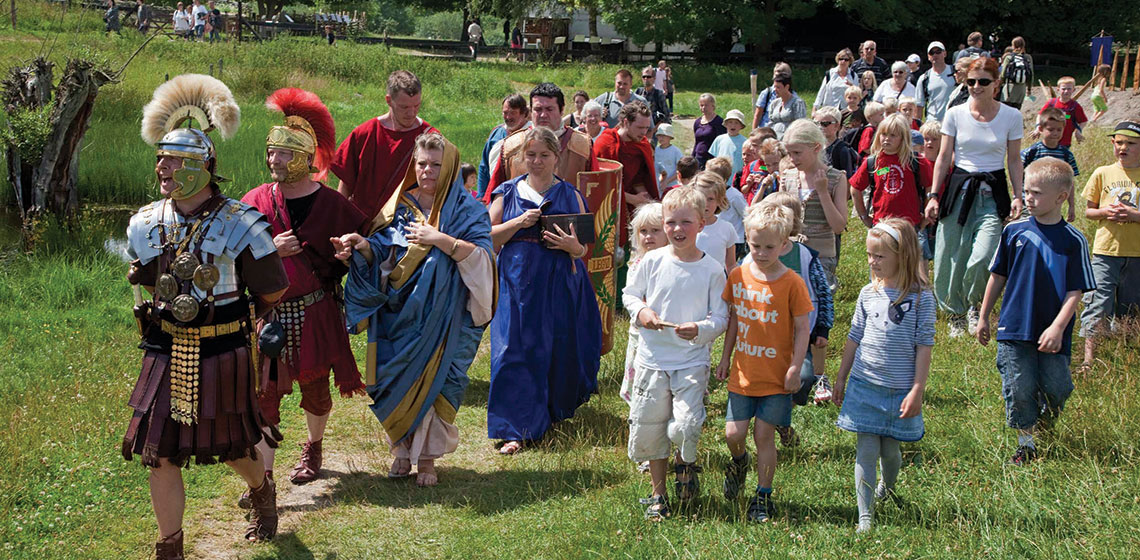Interpreting the Interpreter: is Live Historical Interpretation Theatre at National Museums and Historic Sites Theatre?
Presenting the Discussion
The majority of the people Scott Magelssen interviewed were museum curators and historical interpreters, and their answers were broken up into three main categories:
1. No (mainly because there is no script), 2. Yes, it is a form of theatre, 3. Of course it is theatre. (Magelssen 106-119)

